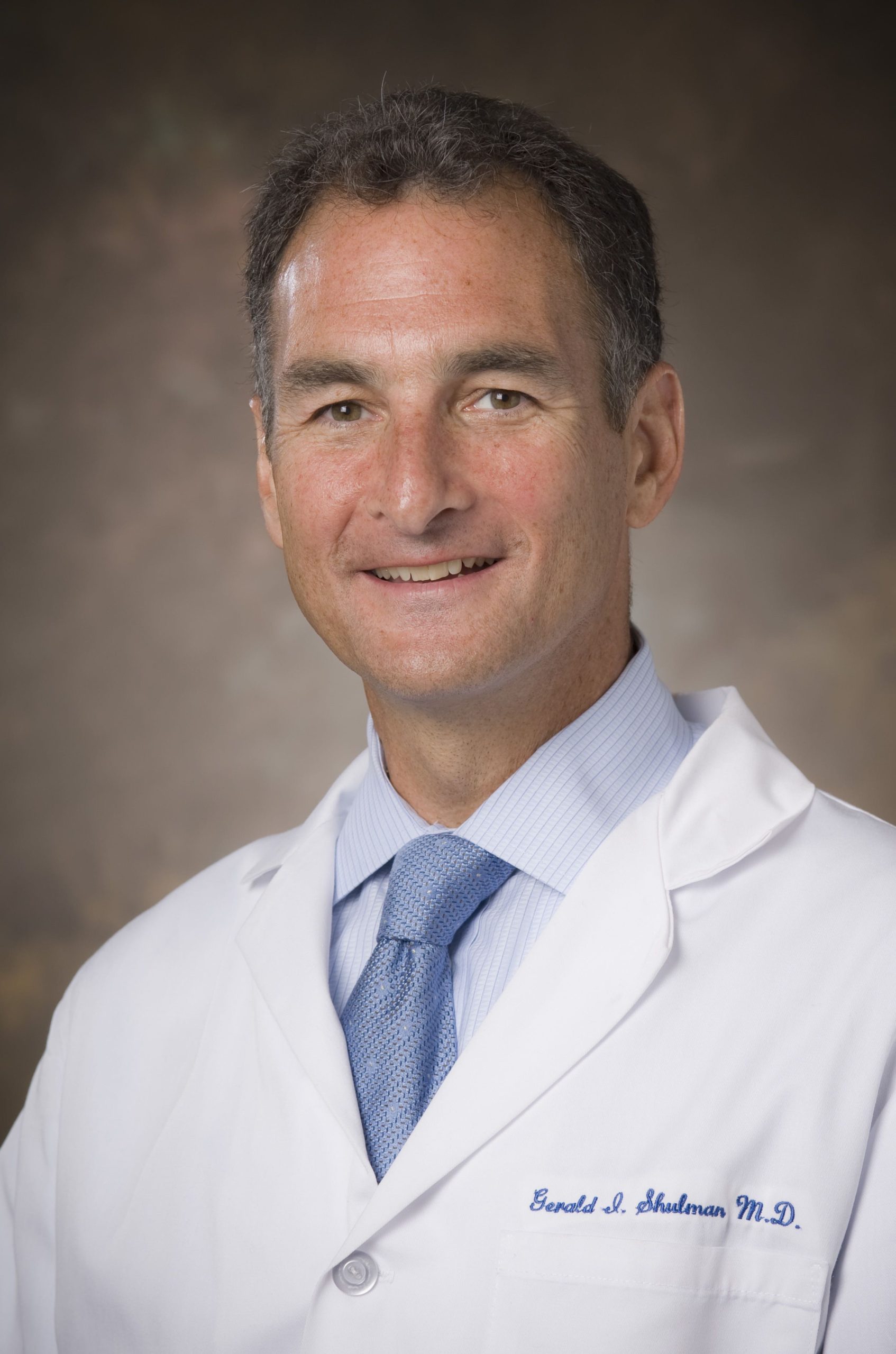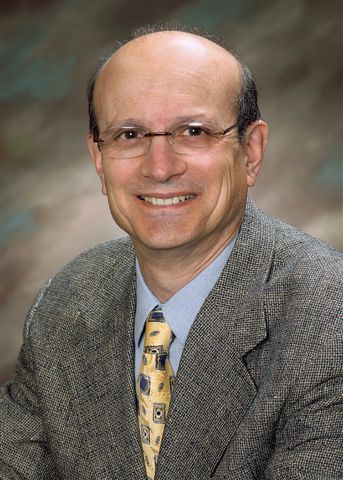Restoring natural heat production to treat metabolic disorders

Mitochondrial heat production for weight loss
Nearly 50% of Americans live with obesity, and the numbers keep rising
To date, treatment of obesity and metabolic disorders has focused on dieting and exercise. Yet most people who diet and exercise do not achieve sustained weight loss.
There is a third major mechanism essential for weight regulation: natural heat production, or “thermogenesis.” Thermogenesis burns calories as effectively as exercise does as we go about our usual routines. Our ancestors used thermogenesis to keep warm. But today, thermogenesis is inhibited by comfortable living temperatures.
Recent scientific breakthroughs at Equator Therapeutics have enabled pharmacological stimulation of thermogenesis to achieve sustained weight loss. We are now developing a first-in-class drug to reverse metabolic disorders.
We are targeting mitochondria – the powerhouse of the cell
Mitochondria are the organelles in our cells that burn calories to power our bodies and keep us warm. In an experimental tour de force, we measured the tiny electrical currents that mitochondria use to generate heat. This allowed us to identify and characterize the proteins responsible for these currents.
Our unique high throughput assays have allowed us to identify an unprecedented number of thermogenic compounds. We are now utilizing our singular capacity to directly record the electrical currents that these compounds induce in mitochondria to identify the most selective and safe activators of thermogenesis.
Our methods & expertise also uniquely position us to modulate mitochondrial energy production more generally. Our long-term plans include programs to develop first-in-class drugs targeting several other important therapeutic mechanisms in mitochondria.
The foundations of our work
Meet our team
The team at Equator leverages our singular expertise in bioelectricity, computational chemistry, and high-throughput interrogation of mitochondrial physiology to develop a drug that activates our targets.
Our advisors are world leading experts in thermophysiology, metabolic disorders, and computational chemistry.
Gerald Shulman, M.D., Ph.D.
Co-Director, Yale Diabetes Research Center
Dr. Shulman is the George R. Cowgill Professor of Medicine and Cellular & Molecular Physiology at Yale. He is also Co-Director of the Yale Diabetes Research Center. Dr. Shulman has pioneered the use of magnetic resonance spectroscopy combined with mass spectrometry to non-invasively examine intracellular glucose and fat metabolism in humans and transgenic rodent models that have led to several paradigm shifts in our understanding of type 2 diabetes (T2D), including the molecular mechanisms by which ectopic lipid promotes liver and muscle insulin resistance, as well as developing new drugs for the treatment of T2D, nonalcoholic fatty liver disease (NAFLD) and nonalcoholic steatohepatitis (NASH). Dr. Shulman is the recipient of the Stanley J. Korsymeyer Award from the American Society for Clinical Investigation, the Outstanding Clinical Investigator Award from the Endocrine Society, the Solomon Berson Award from the American Physiological Society and the Banting Medal for Lifetime Scientific Achievement from the American Diabetes Association. Dr. Shulman is a Fellow of the American Association for the Advancement of Science, Inaugural Fellow of the American Physiological Society and he has been elected to the American Society for Clinical Investigation, the Association of American Physicians, the National Academy of Medicine, the American Academy of Arts and Sciences and the National Academy of Sciences
Michael Grabe, Ph.D.
Professor, Cardiovascular Research Institute, UCSF
Michael has spent over 20 years using computational methods to study the structure, function, and dynamics of membrane proteins with a recent emphasis on mitochondrial transport proteins. He is a Professor in the Department of Pharmaceutical Chemistry at UCSF and an Investigator in the Cardiovascular Research Institute.
Andrea Dunaif, Ph.D.
Chief of the Division of Endocrinology, Mount Sinai Hospital
Andrea Dunaif, M.D., is Chief of the Division of Endocrinology, Diabetes and Bone Disease for the Mount Sinai Health System and the Lillian and Henry M. Stratton Professor of Molecular Medicine at the Icahn School of Medicine at Mount Sinai, New York, NY. She is an internationally recognized expert in endocrinology and women’s health. Her research on polycystic ovary syndrome (PCOS), the most common hormonal disorder of reproductive-age women, has shown that it is a major metabolic disorder and a leading risk factor for type 2 diabetes mellitus.
John Amatruda, M.D.
Former Senior Vice President and Franchise Head for Diabetes and Obesity at Merck Research Laboratories
Dr. Amatruda has over 25 years of experience as a senior pharmaceutical research executive and scientific consultant, together with over 40 years of experience in basic and clinical research and the practice and teaching of medicine. He has been on the board of directors and scientific advisory boards of several biotechnology companies. He has also been a consultant and scientific advisor to more than 20 additional biotechnology and leading pharmaceutical companies since 2009. As Senior Vice President and Franchise Head for Diabetes and Obesity at Merck Research Laboratories, Dr. Amatruda had end-to-end responsibility for drug compounds from target discovery to patent expiration, including basic research, experimental medicine, clinical development, external alliances and licensing. Prior to being named Franchise Head, Dr. Amatruda led the drug development groups at Merck for diabetes, obesity, atherosclerosis, and cardiovascular disease. Under his leadership, the development program and regulatory approvals of Januvia™ and Janumet™ - the first compounds in the important class of DPP-IV inhibitors for Type 2 diabetes, and two of Merck's leading revenue-generating drugs - were successfully initiated and completed, and worldwide submissions for Vytorin™, Januvia™ and Janumet™ were filed. Prior to joining Merck, Dr. Amatruda was Vice President and Therapeutic Area Head for Metabolic Disorders Research at Bayer Corporation for ten years, where he assisted in the approval of Acarbose and Miglitol and led the discovery and advancement of several compounds into clinical development. Dr. Amatruda has also had a successful career in academic medicine, formerly as a Professor of Medicine at the University of Rochester School of Medicine, where he was head of the Clinical Research Center and a Principal Investigator on several NIH funded research projects; and currently as an Adjunct Professor of Medicine at Yale University School of Medicine. In addition, Dr. Amatruda has co-authored over 160 publications in the areas of both clinical and basic research, many of which have been published in leading peer-reviewed journals, and the majority of which are in the areas of diabetes, obesity, and lipids. Dr. Amatruda’s clinical practice at the University of Rochester and at Yale was in general endocrinology but with an emphasis on Diabetes and obesity. Dr. Amatruda was educated at Yale University and The Medical College of Wisconsin and completed his internship and residency in internal medicine and fellowship in endocrinology and metabolism at The Johns Hopkins Hospital.
Sebastian Aguiar Brunemeier, M.Sc.
CEO, ImmuneAge
Sebastian A. Brunemeier is a biotech founder and VC investor focused on the biology of aging. He is CEO of ImmuneAGE Pharma, focused on immune system rejuvenation. Sebastian was Principal at Apollo Health Ventures, the first and largest aging-focused venture capital fund in the world with $150M AUM, as well as Co-Founder and Chief Investment Officer at Cambrian Biopharma, a biotech venture holding company focused on the biology of aging. Sebastian was CEO of Cyclone Therapeutics, a Scripps Research Institute spinout focused on proteostasis, and the founding EIR and COO of Samsara Therapeutics, focused on autophagy-enhancing small molecule drug discovery in Oxford, UK, which was recognized as ‘best startup’ at the Financial Times Pharma Conference. Prior to Apollo, he was a Fulbright Fellow in the biology of aging at the Gulbenkian Institute, awarded the Skaggs-Oxford fellowship at the Scripps Research Institute, and a SENS Foundation Scholar at the Buck Institute for Research on Aging. His education includes partial DPhil (PhD) training on the biochemistry of aging at the University of Oxford as a Clarendon Scholar, an MSc in Life Science Business Management and an MSc in Molecular Neuroscience from the University of Amsterdam as an Amsterdam Excellence Scholar. He serves on the board of the clinical stage CNS pharmaceutical company Revivo Therapeutics, served as a trustee of the British Society for Research on Aging, a mentor at the New York Academy of Sciences, and as an advisor to Healthspan Capital, Molecule GmbH/VitaDAO, and McKinsey & Company.




